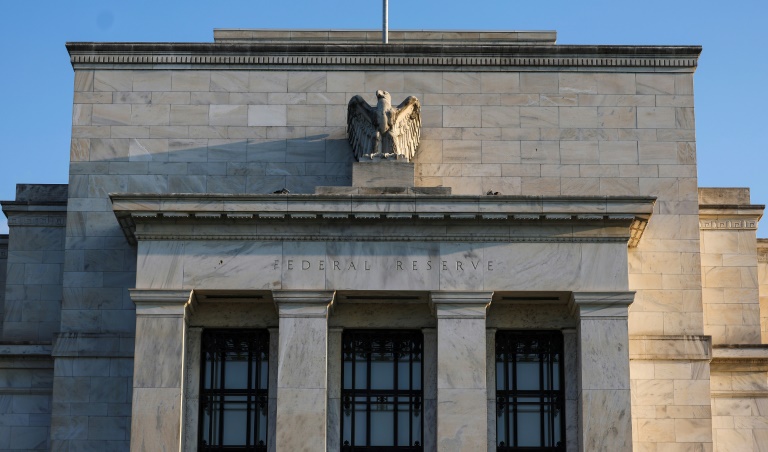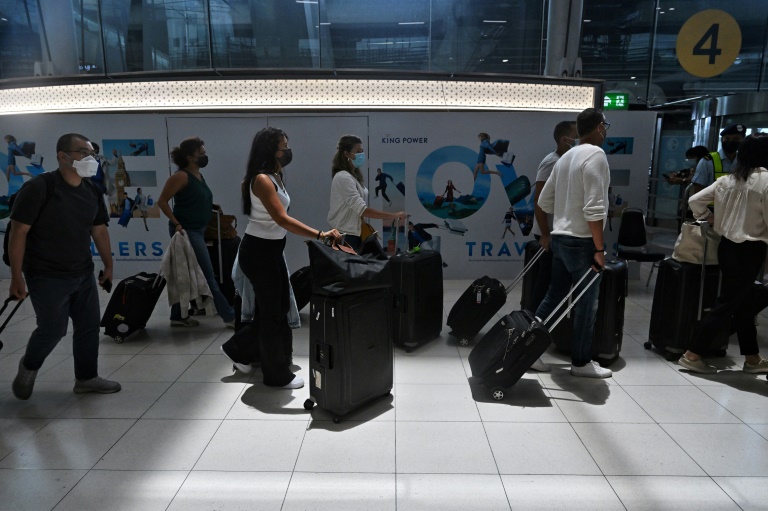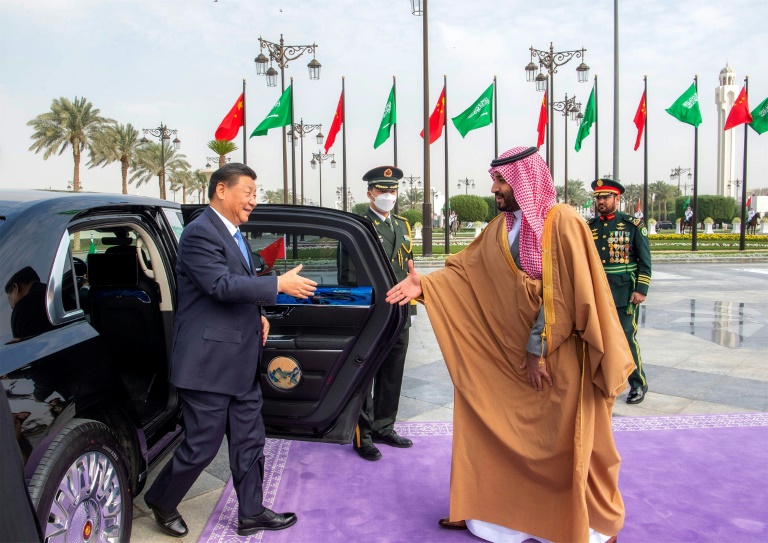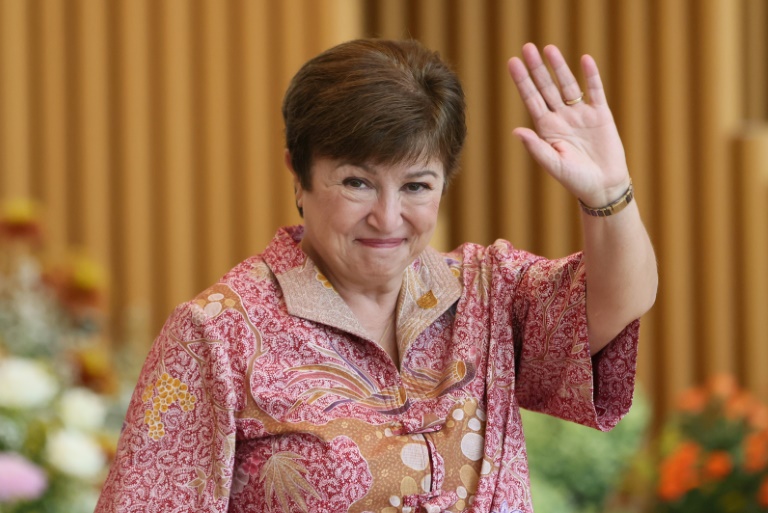Markets mixed ahead of inflation, Fed decision
Markets were mixed Tuesday as nervous investors sat tight ahead of key US inflation data and a Federal Reserve policy decision but fresh pledges by China to open up from zero-Covid offered support.
The region was given a positive lead after Wall Street’s three main indexes raced out of the traps Monday, with analysts citing a survey by the central bank that showed inflation expectations falling.
The November consumer price index figures later in the day follow Friday’s forecast-beating print on wholesale inflation, which dented hopes the Fed could take a more dovish tilt in its monetary-tightening campaign.
The central bank is then widely expected to lift interest rates 50 basis points on Wednesday — a slowdown from the previous four 75-point hikes — but its post-meeting statement and comments from boss Jerome Powell will be closely followed.
While the general view is that policymakers will stop increasing borrowing costs next year, there is debate about how high they will peak and when they will start to come down.
“I think CPI will be important but not necessarily for this meeting, for which a 50 basis point hike is well flagged, but rather it will help determine the extent of further tightening and give clues to the terminal rate,” Mitul Kotecha, of TD Securities, said.
“However, we think the risks are asymmetric in that a higher CPI print will likely have a bigger impact than a lower print.”
But the Wall Street Journal reported that there were disagreements within the policy board about the way forward, with doves trying to limit the economic pain as they bring inflation down, while hawks want a tougher line on fighting prices by weakening the jobs market.
“In this light, don’t expect clearcut signals from the Fed… on what they expect to be doing at early 2023 (policy) meetings after a widely expected 50 basis points fund rate hike this week,” said National Australia Bank’s Ray Attrill.
Hong Kong rose after authorities announced a further easing of the city’s Covid rules, while Tokyo, Sydney, Singapore, Wellington, Bangkok and Jakarta were all well up.
However, Shanghai dipped along with Seoul, Taipei, Manila and Mumbai.
London, Paris and Frankfurt edged up at the open.
“It’s been a do-nothing day as investors take stock before the onslaught of a series of high-risk events,” said SPI Asset Management’s Stephen Innes.
China’s shift away from its economically damaging zero-Covid policy continued to support sentiment as the world’s number two economy opens up.
Meanwhile, top Chinese officials are meeting this week to draw up their economic blueprint for re-emerging from Covid, with observers predicting more stimulus measures and pledges of support for the troubled property sector.
But there is also a worry among investors that the quick relaxation of containment measures such as mass testing and lockdowns might lead to a massive surge in infections that could overwhelm the healthcare system and weigh on the economy.
Still, the expected pick-up in demand in China boosted oil prices further, with both main contracts extending Monday’s strong gains.
“China’s reopening is coming, it won’t happen overnight, but it will provide a major boost to demand in the outlook next quarter,” said OANDA’s Edward Moya.
– Key figures around 0820 GMT –
Tokyo – Nikkei 225: UP 0.4 percent at 27,954.85 (close)
Hong Kong – Hang Seng Index: UP 0.7 percent at 19,596.20 (close)
Shanghai – Composite: DOWN 0.1 percent at 3,176.33 (close)
London – FTSE 100: UP 0.1 percent at 7455.50
Euro/dollar: UP at $1.0551 from $1.0539 on Monday
Dollar/yen: DOWN at 137.46 yen from 137.66 yen
Pound/dollar: UP at $1.2274 from $1.2268
Euro/pound: UP at 85.96 pence from 85.87 pence
West Texas Intermediate: UP 1.4 percent at $74.21 per barrel
Brent North Sea crude: UP 1.6 percent at $79.21 per barrel
New York – Dow: UP 1.6 percent at 34,005.04 (close)









